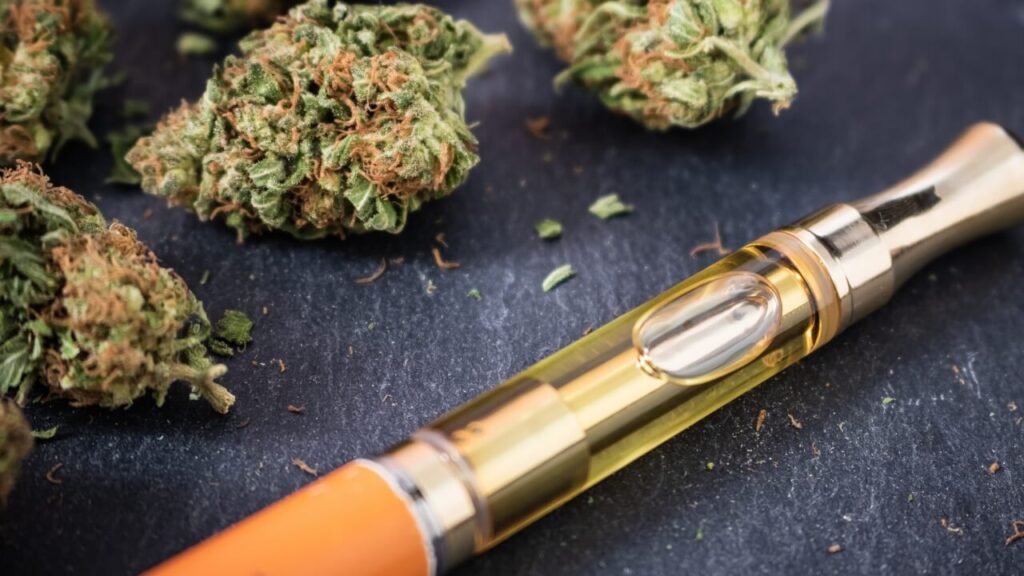From 1 June 2023, nicotine-substitute solutions, including vaping products, will be included in the tax net with a flat excise duty rate of R2.90/ml.
Excise duty on vaping tobacco products has been in the pipeline for a while – the tax was first announced in finance minister Enoch Godongwana’s 2022 budget speech.
The South African Revenue Service (SARS) said that the forms which govern Tobacco Product Excise had been amended to account for vaping products.
Manufacturers were required to apply for and obtain licenses for their manufacturing premises in respect of such products with SARS before 1 June 2023 and will have to submit their first excise duty account by 28 July 2023.
The new tax has been met with widespread condemnation from the vaping industry, arguing that the tax will do more harm than good – pushing consumers to illicit markets – and jumps the gun as legislation governing vaping products in the country are yet to be promulgated.
Consumer group Vaping Saved My Life (VSML) said that the flat excise duty would likely see e-liquid prices inflate from 5.8% to 217%, depending on the volume and current retail price.
“The tax will be detrimental to those using vaping to stop smoking as well as local small businesses – doing more harm than good,” said VSML co-founder, Kurt Yeo.
“At face value, the tax will move the consumer to the intended purpose of vaping less. But with many of those who vape having switched from smoking to this safer alternative and now having to pay far more for the privilege, they might be forced to revert to smoking as a cheaper option.”
“Moreover, the excise overlooks that vaping is the most effective method for smoking cessation. So those who smoke and want to make the change will be dissuaded purely based on the price and will have to continue using the deadliest consumer product on the market, cigarettes.”
Yeo said the tax increase would also mean that many vape shops and local manufacturers will be forced to shut down due to current and new customers being unable to afford locally produced products.
In February this year, Asanda Gcoyi, the CEO of Vapour Products Association SA (Vpasa), said that putting the excise tax on e-cigarettes will damage the industry.
The CEO said that the government had not completed adequate impact assessments for the effect of the tax on an industry that amounted to R1.5 billion in 2022. She said the tax could lead to a 22% drop in sales.
Concern over the tax imposition on vaping dates back to a standing committee on finance in September last year, where British American Tobacco South Africa said that the proposed duty could see the price of vape products more than double.
Gcoyi said in September that the average price of vape products could increase by 138% and e-liquid consumption drop by 36%. Both Gcoyi and British American Tobacco agreed that an aggressive tax would push consumers to the illicit market.
Vaping products are not covered by the Tobacco Products Control Act or the Medicines Act and are largely unregulated.
New legislation to regulate the industry is currently in the pipeline, with the Tobacco Products and Electronic Delivery Systems Control Bill currently being processed.
The vaping industry has tried to position itself as “not smoking” and wants to distance itself from harmful tobacco and cigarettes.
Vaping involves inhaling from a device that vaporizes liquid solutions that may contain nicotine and other substances. According to the UK’s NHS, health experts generally agree that vaping is far less harmful than smoking, but it is not risk-free.
Medical guidelines are that vaping is not recommended for non-smokers and young people as it can carry risks for healthy lungs. However, for smokers, it can be beneficial in helping them quit smoking.
The long-term effects of vaping on health remain untested, and the Department of Health has argued that the coming laws and push to clamp down on the industry are driven by the goal of protecting children from potential harm.
Vaping has gained popularity as an alternative to traditional cigarettes but has also emerged as a trendy habit among younger generations. A recent report by Professor Richard van Zyl-Smit at UCT studied the vaping habits of over 5,500 high school students from several high-income schools.
The study found that over 25% of matric learners use vaping devices. Furthermore, almost 30% of respondents reported using their vaping device within an hour of waking, and almost a quarter cannot go through a school day without vaping.
Source: Business Tech


